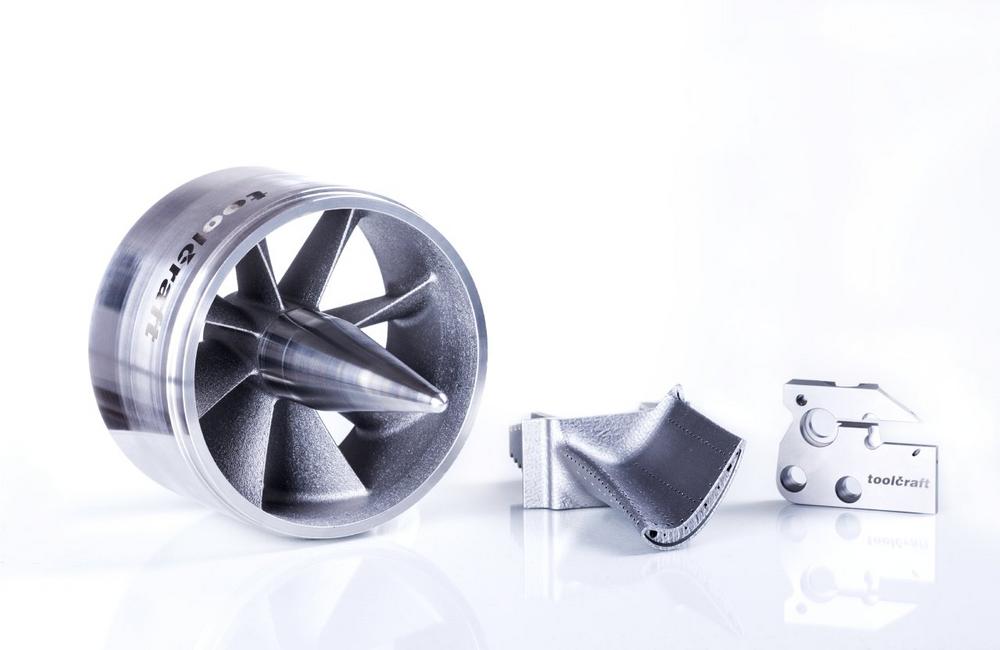Using fatigue testing to determine dynamic strength
Fatigue strength describes how materials change shape or fail when exposed to cyclic stress. Until fatigue testing was introduced, component strength was only determined using tensile testing. However, new demands placed on materials also require their dynamic strength to be analysed. By performing alternating tensile and fatigue tests, it is possible to use fatigue diagrams, such as the Smith diagram, to evaluate all stresses relevant to a particular system and, as a result, the reliability of the material being processed. Innovations such as "predictive maintenance", which is an Industry 4.0 technology, require detailed knowledge about how materials behave, while mechatronic systems demand cross-system reliability testing.
Fatigue testing using the Wöhler method and in line with DIN 50100
During fatigue testing, the material is examined using the Wöhler method and evaluated in accordance with the DIN 50100 standard. This means that the test stand must offer statistically significant long-term stability. This is because enormous stress is caused by the oscillations (up to 150 Hz and, in some cases, as much as 500 Hz) and the centrifugal forces are considerable as well. The test begins by clarifying the three main stresses – tensile and compressive stress, bending stress and torsional stress. After this, a suitable test stand is selected and test pieces are produced in accordance with the applicable standards. This process is generally performed in conformity with the DIN 50125 standard. More recent trends also require very high cycle fatigue tests to be performed, which is when materials are exposed to more than 10,000,000 load cycles. The objective is for the load level to be plotted against the number of cycles, allowing a Wöhler curve to be calculated. During the test, a condition monitoring system analyses how the material behaves under the alternating stress. In doing so, it identifies limits that allow conclusions to be drawn about the expected durability of the component in its actual area of use.
Extending the process chain
Without fatigue testing, component reliability can only be evaluated on the basis of tensile test data. However, the German FKM guideline (Arithmetical Proof of Strength of Mechanical Engineering Parts) demands specific factors of safety for system evaluations (generally a factor of safety greater than 2). If, however, material use is reduced, for example, factors of safety below 2 are required. This can only be verified using fatigue testing. By adding fatigue testing to its portfolio, toolcraft is once again extending its range of services along the complete process chain in-house, from the initial idea and manufacturing to the finished, qualified part.
toolcraft is a pioneer of forward-looking technologies, such as 3D metal printing and the construction of customised turnkey robotics solutions. The company tests and develops innovative engineering processes until they are ready to be used on production lines. As a provider of comprehensive solutions, toolcraft covers the entire process chain, from the initial idea to manufacturing, quality assurance and testing in the areas of CNC machining, 3D metal printing, injection moulding, spark erosion (EDM) and mould making. Its clients include market leaders in the semiconductors, aerospace, medical technology, optical, special machinery manufacturing, motor sports and automotive industries. Building close working relationships with collaborative partners as well as universities, other institutions of higher education and research centres is an important part of its corporate philosophy. The medium-sized family-owned company, located in Georgensgmünd and Spalt, was founded by Bernd Krebs in 1989.
toolcraft AG
Handelsstraße 1
91166 Georgensgmünd
Telefon: +49 (9172) 6956-0
Telefax: +49 (9172) 6956-560
http://www.toolcraft.de
Telefon: +49 (9172) 6956-172
E-Mail: tinahartmann@toolcraft.de
![]()
